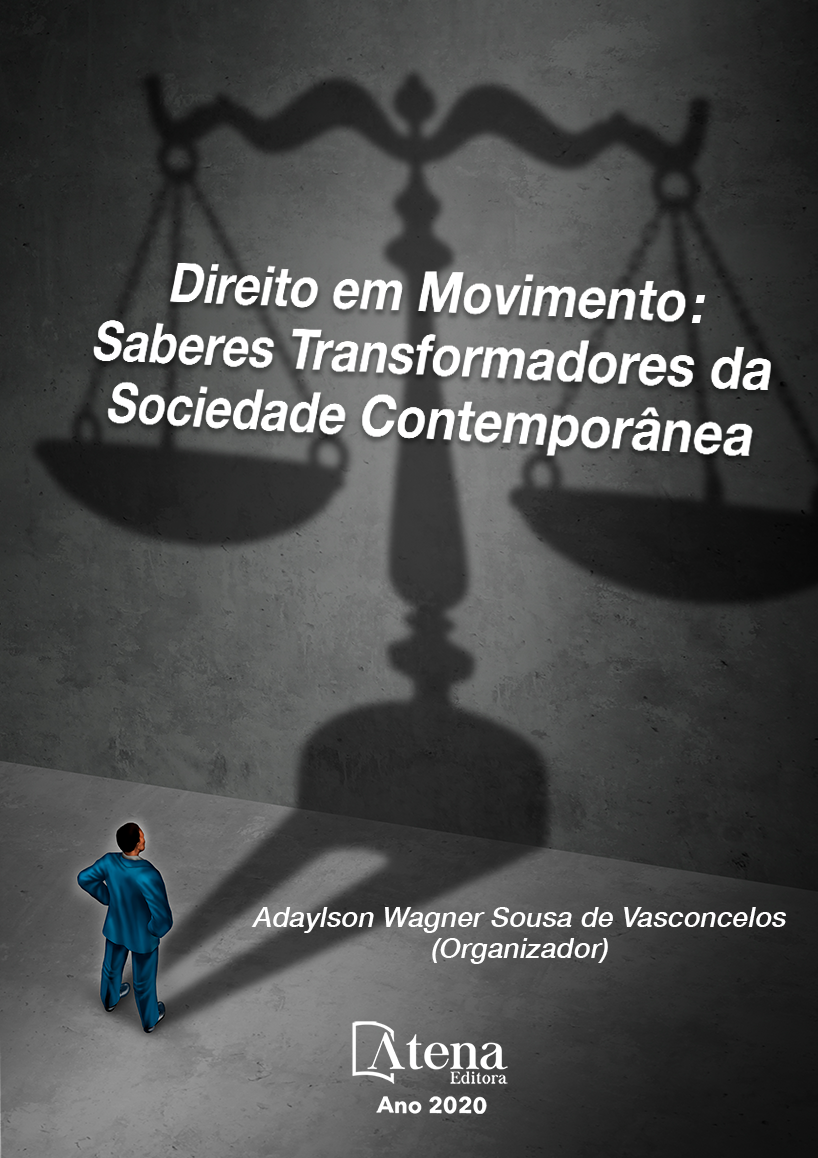
DIREITO DE VOTAR DO PRESO CONDENADO POR SENTENÇA CRIMINAL: UMA INCONSTITUCIONALIDADE?
O presente estudo visou tratar sobre o direito de votar do preso condenado criminalmente por sentença transitada em julgado, visto estas pessoas serem privadas de exercer o direito do sufrágio universal que consiste na capacidade de eleger e ser eleito, que não pode ser usurpado de ninguém por critérios apenas discriminatórios e antidemocráticos, como qualificações racionais, econômicas, culturais e éticas. Baseado nos textos legais, a cidadania é um dos princípios fundamentais resguardados pela Constituição Federal Brasileira de 1988 no seu art.1º, inciso II, e este qualifica o indivíduo com o reconhecimento como pessoa integrada na vida estatal. Junto a ele, outros princípios estão relacionados como o da dignidade da pessoa humana, da soberania popular, da representação política e da participação direta. Por meio de pesquisas de cunho fundamentalmente bibliográfico, este projeto buscou inserir o estudo sobre a inconstitucionalidade do art.15, III, da Constituição Federal, no qual está em conflito com princípios/garantias fundamentais tratados no mesmo diploma, visto ser uma afronta ao direito de cidadania, da soberania popular e a participação política. Ao final, estabeleceu um parâmetro geral, no âmbito jurídico e social, demonstrando soluções passíveis de serem debatidas pelos legisladores, a fim de garantir o exercício do direito de votar dos presos que estão no processo de reintegração na sociedade atual, sendo desnecessária a pena da suspensão dos seus direitos políticos.
DIREITO DE VOTAR DO PRESO CONDENADO POR SENTENÇA CRIMINAL: UMA INCONSTITUCIONALIDADE?
-
DOI: 10.22533/at.ed.69220130816
-
Palavras-chave: Inconstitucionalidade; Preso; Voto; Cidadania; Participação Política.
-
Keywords: Unconstitutionality; Stuck; Vote; Citizenship; Political Participation
-
Abstract:
The present study aimed to address the right to vote of the convicted criminal convicted, as these persons are deprived of exercising the right to universal suffrage which consists of the capacity to elect and be elected, which can not be usurped by anyone for Discriminatory and undemocratic criteria, such as rational, economic, cultural and ethical qualifications. Based on legal texts, citizenship is one of the fundamental principles protected by the Brazilian Federal Constitution of 1988 in its article 1, item II, and this qualifies the individual with the recognition as a person integrated into the state life. Along with it, other principles are related such as the dignity of the human person, popular sovereignty, political representation and direct participation. Through research of a fundamentally bibliographic nature, this project sought to insert the study on the unconstitutionality of art.15, III, of the Federal Constitution, in which it is in conflict with fundamental principles / guarantees treated in the same law, since it is an affront to the right Citizenship, popular sovereignty and political participation. In the end, it established a general legal and social framework, demonstrating solutions that could be debated by legislators, in order to guarantee the exercise of the right to vote of prisoners who are in the process of reintegration in the present society, Suspension of their political rights.
-
Número de páginas: 24
- Carlos Alberto de Moraes Ramos Filho
- VANESSA SERRA CARNAUBA FEITOZA


